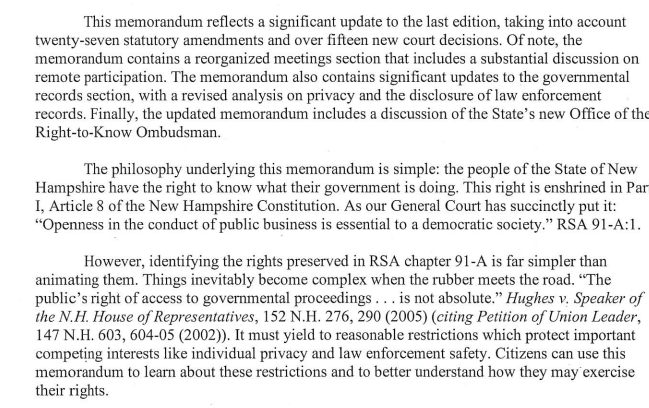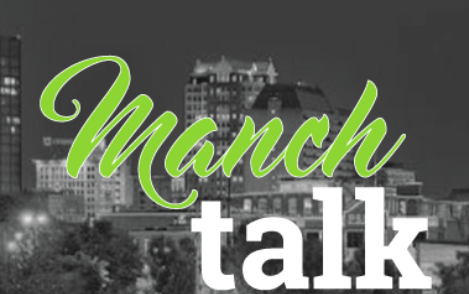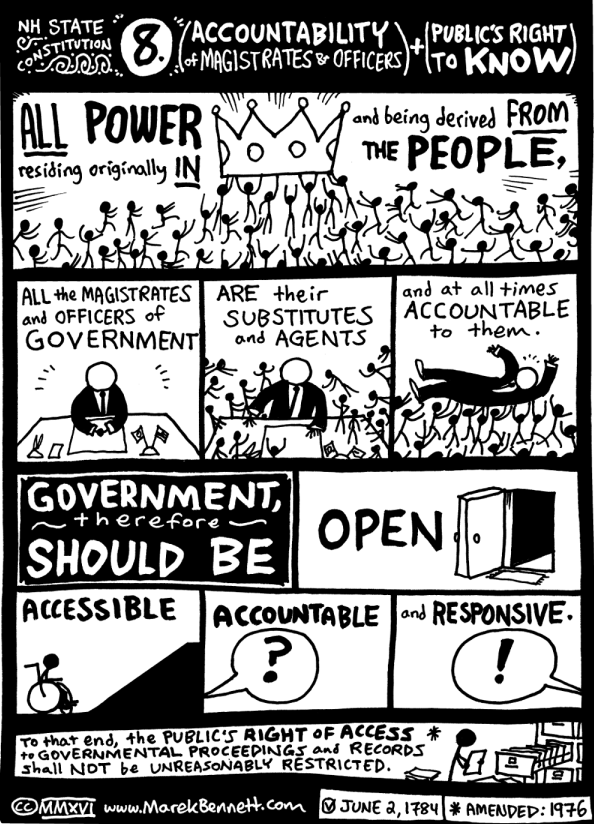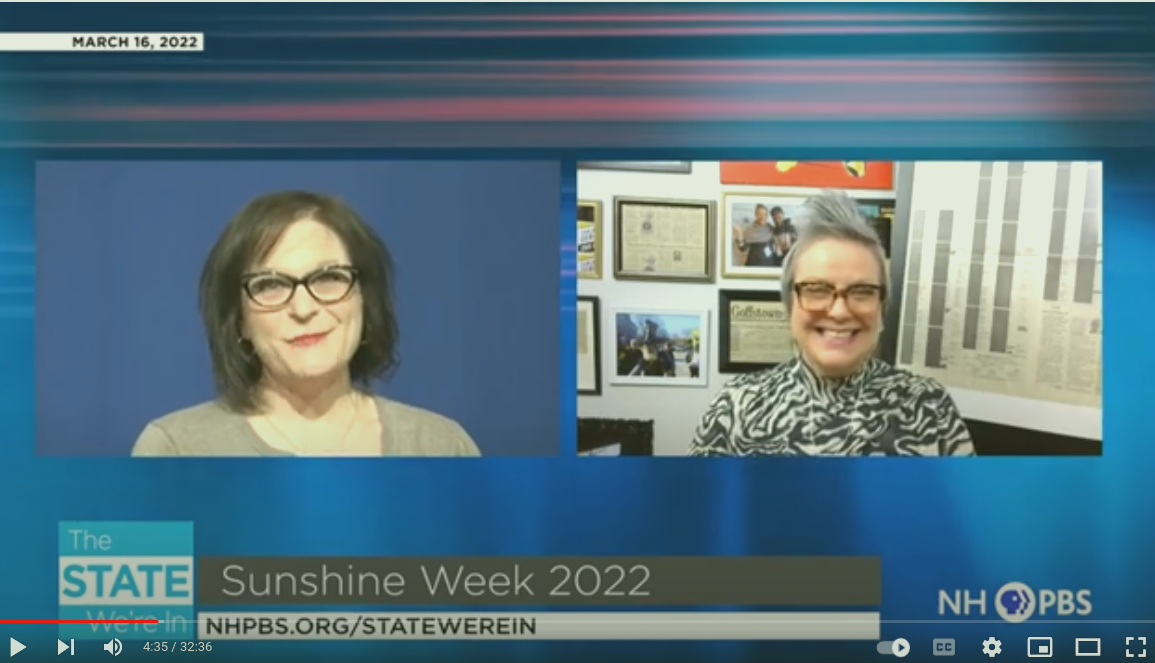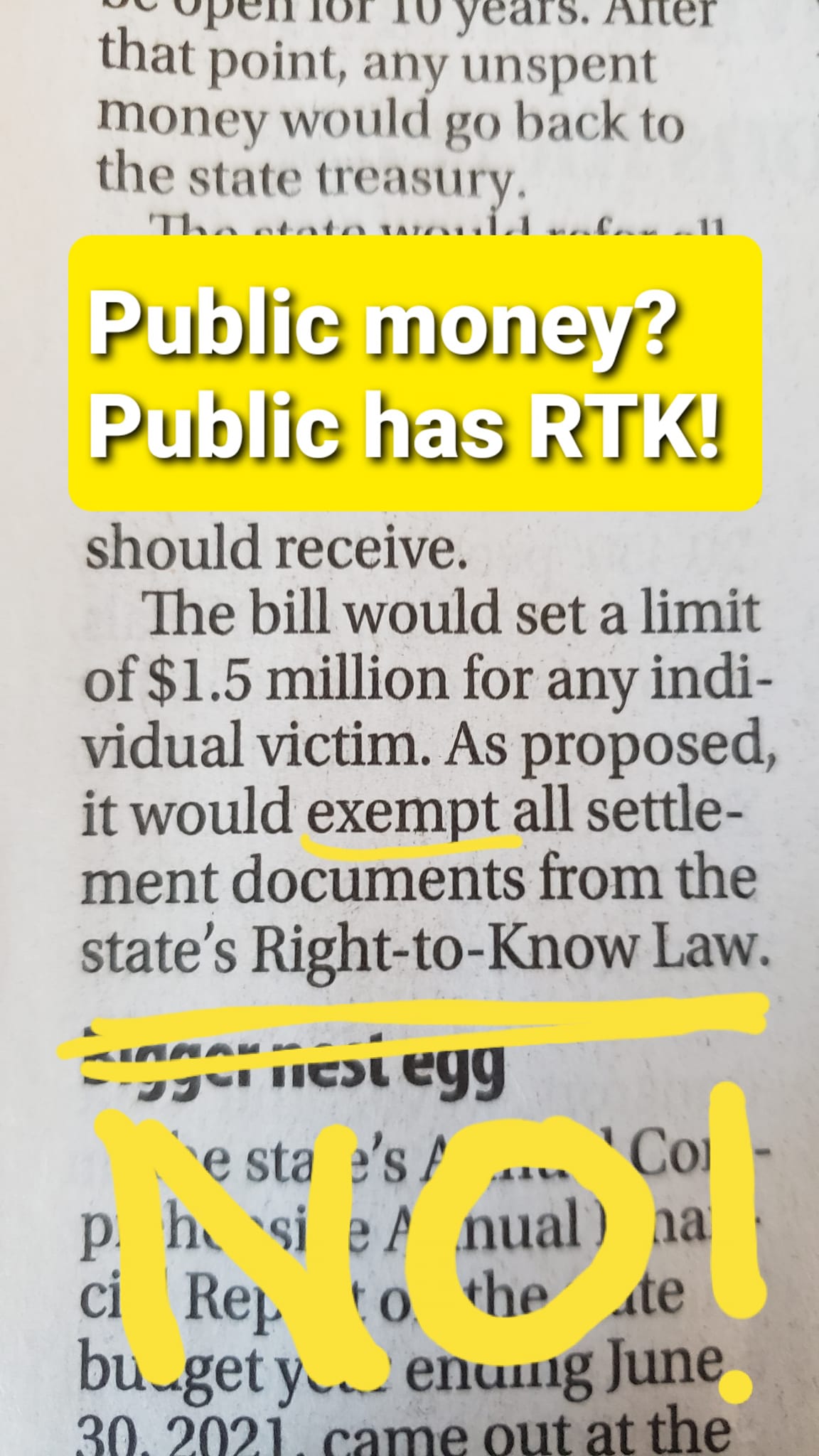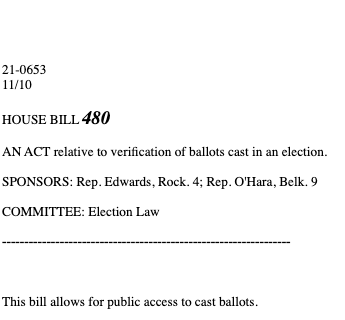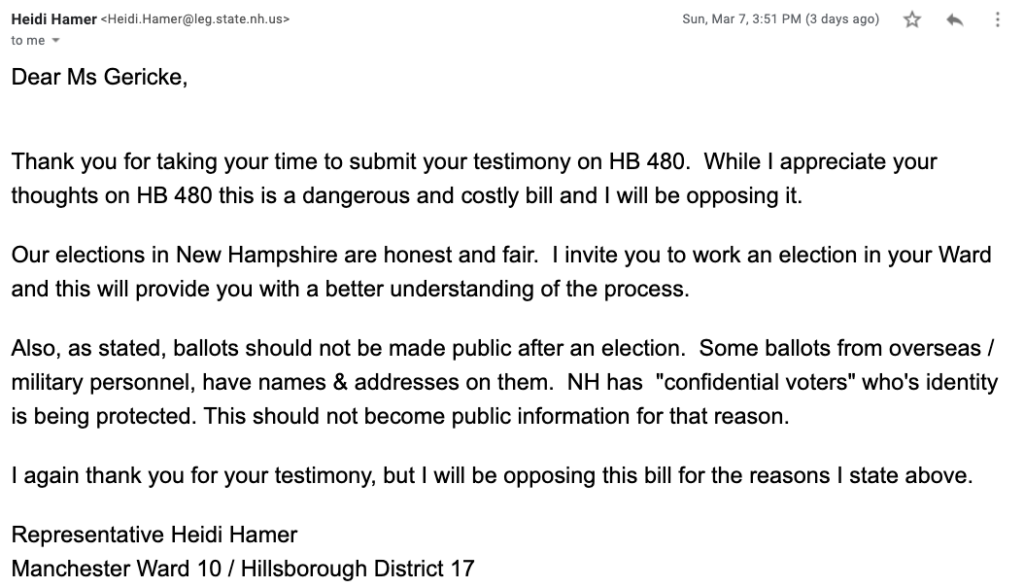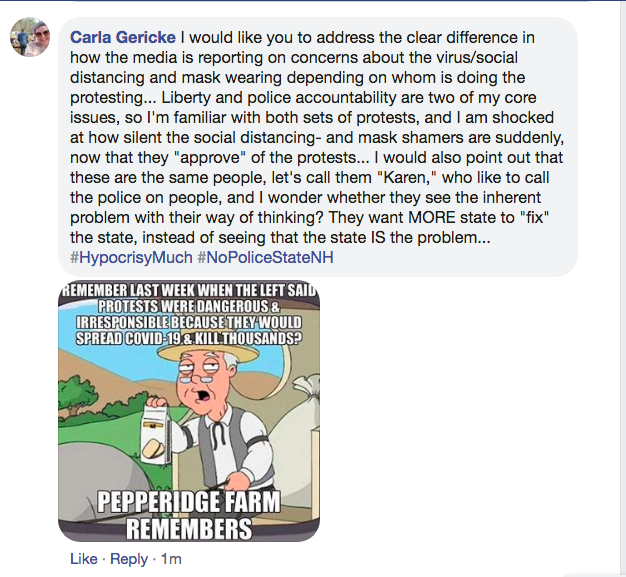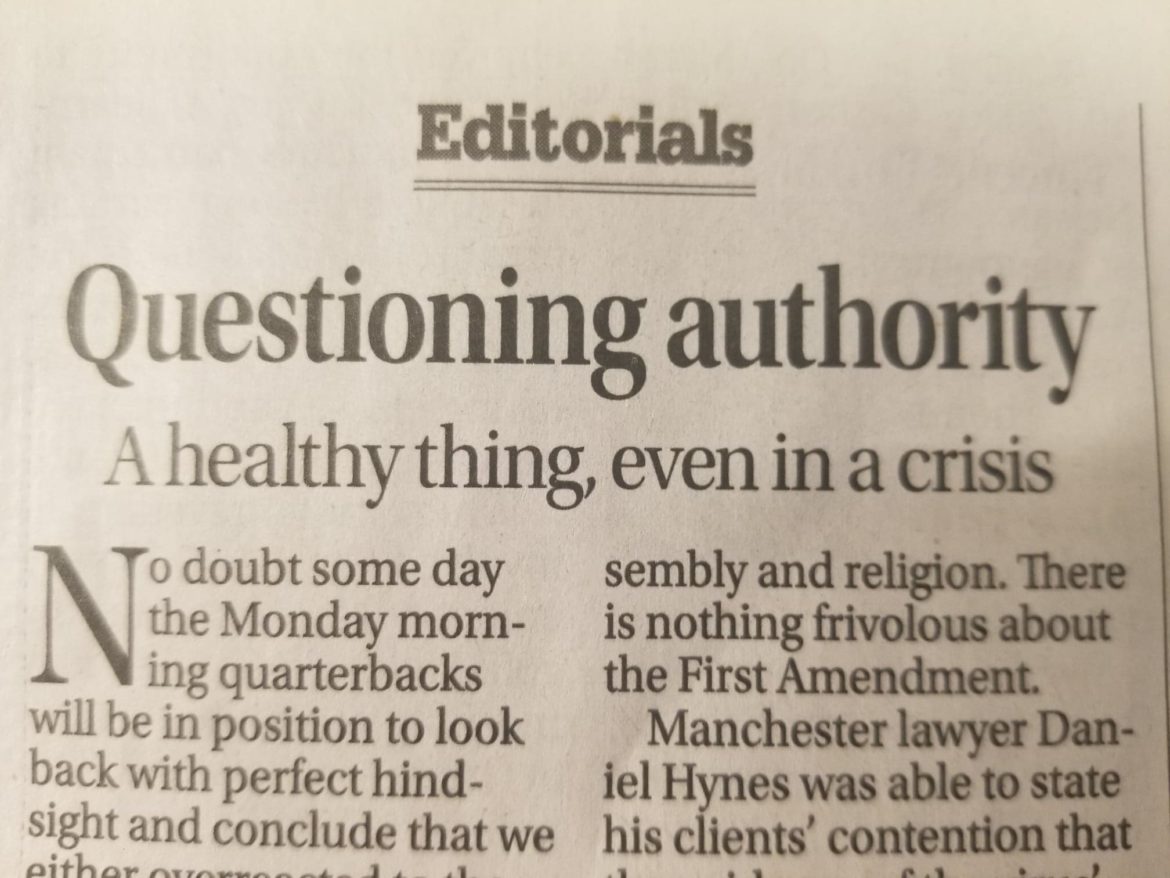If you catch this week’s Manch Talk, you’ll hear me discuss the latest developments regarding Right-to-Know in New Hampshire. Long story short, the NH AG’s office finally, FINALLY released the new RTK memo, nine years after the last one in 2015.
[PDF]
Since last week was Sunshine Week, when we typically celebrate or highlight national open government efforts, and as a RTKNH board member, I submitted an op-ed to the Union Leader, which got pulled last minute because the memo was released. I’ll take it! Stay tuned for an in-depth delve into the 158-page document, coming soon!
Here was the op-ed that was NOT published:
Dear Editor,
It is Sunshine Week, our annual reminder that if we don’t want more government corruption, we must demand transparency. What is hidden in government is what is rotten in government, and with distrust in government institutions at an all-time high, the need for open government has never been more critical.
I serve on the board of Right-to-Know NH, a statewide, nonpartisan group of open government advocates. We are from different walks in life, different political parties, religions, and backgrounds, but what unites us is the understanding that without open, transparent, accessible, and accountable government, local politics won’t work.
And, sadly, the trend in New Hampshire suddenly seems to be towards darkness, not light. For example: An insidious bill, HB 1002, would introduce a use fee for RTK requests, thereby introducing a new tax. Imagine the impact this would have on the press’ ability to investigate stories, or the chilling effect due to costs that this will have on open government activists.
Over the past few years, open government advocates have seen some successes. The RTK Ombudsman office finally opened last year, but already suffers from too complex rules, and a backlog. Several NH Supreme Court cases were found in favor of more open government. The Fenniman case was even overturned after almost three decades, significantly broadening our right to view government employees’ personnel files.
And yet, in the past decade, the government has also managed to seal the names of law enforcement officers who should have appeared on the Laurie’s List, they have arrested Right-to-Know activists, they have spent millions of your tax dollars fighting open government requests, and the NH Municipal Association has lobbied against common sense legislation to help broaden the press and Granite Staters’ Right-to-Know.
Last year during Sunshine Week, I implored the AG’s Office to update the 2015 Right-to-Know memorandum. We have now formally requested this update at least 5 times in writing, to no avail. The failure by the AG to act, especially when such failure shrouds in secrecy the incredible gains that have been made in favor of more open government, breeds suspicion.
In the words of Justice Louis Brandeis, “Sunlight is said to be the best of disinfectants.” Let us, therefore, redouble our efforts to shine a light on the inner workings of our local government. It starts with that updated memo. To the NH Attorney General’s Office: Stop undermining public trust.
Sincerely,
Carla Gericke
Carla lives in West Manchester, and serves on the board of Right-to-Know NH. She is an outspoken critic of big government.
